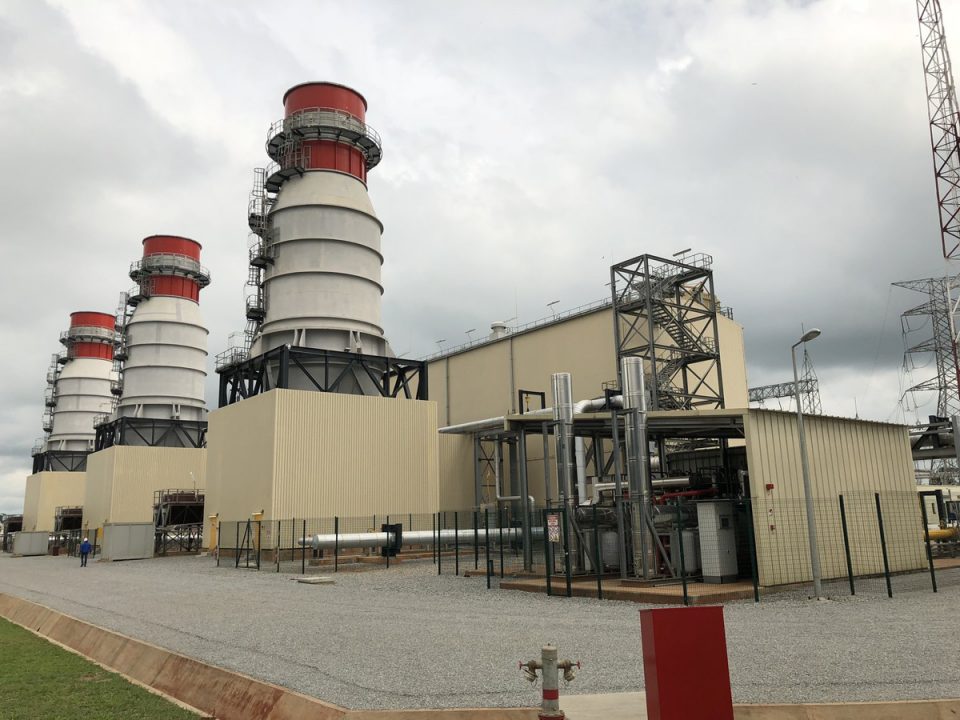The Nigerian power sector may wallow in investment deficits and dismal performance if the National Assembly and the Federal Government fail to respect the sanctity of contracts, especially the $1 billion investment by the Azura Edo Power plant, energy experts told The Guardian yesterday.
Coming at a time when the game of wits continued over the $2 billion Siemens power project, the stakeholders asked the government to do the needful and improve the transmission and distribution network to enable wheeling of electricity being generated by power plants instead of scaring investors from the country.
The stakeholders equally accused the lawmakers of using the power sector to score points to the detriment of the economy, even as the government struggles to attract foreign investment and douse the harsh operating environment.
Although this won’t be the first time lawmakers would point out the Azura issue, the House of Representatives Committee on Finance had insisted that the Nigeria Bulk Electricity Trading Company, (NBET) dragged the country into Power Purchase Agreements that were detrimental to the interest of the country.
Unlike most power generation plants in Nigeria, which are brownfields, the Azura plants was established as the biggest private sector investment in power generation in Nigeria with current output of 461 megawatts. Azura is a core vital asset in the power sector, contributing over 10 per cent of the daily electricity generated on the grid.
The Federal Government had sealed agreement with the firm to evacuate the total energy being generated by the company or bear the risk for such generated power, but the imbalance in the country’s transmission capacity had remained a key barrier on the agreement, making the government the loser anytime it is unable to wheel the generation from the company. The loss under the Put Call Option Agreement sometimes runs into $30 million monthly.
Industry experts, who spoke with The Guardian noted that the dismal investment outlook in the power could worsen if government tampers with the pact it sealed with the investors, stressing that the National Assembly needs better understanding of the contract and how government should take the blame for not providing needed wheeling capacity as envisaged.
An energy expert, Dr. Joy Ogaji noted that the effects of bad reputation for not honouring contracts pose a serious danger to the Nigerian economy, especially at a time when the country is already faced with dwindling investment and discouraging operating environment.
Ogaji said: “The world has become one global market whereby trade and finance are done across borders, the effect of which is that there are direct linkages between markets. Once the market develops a bad reputation for not honouring obligations in contracts, that in itself could lead to immeasurable loss to the economy.
“As a result of the lack of sanctity of contract, most investors are burdened by the following questions when it comes to investing in the NESI: If an investor and the Government enters a contract or makes a commitment in writing, would it be respected? Can an investor enforce the terms in case of default? Would an investor have a remedy? And even where there is a remedy, would the Government honour the remedial measures?”
Questioning the situation further, Ogaji said in case of a change in government, it remained a concern if the previous administration’s commitments would be respected by the succeeding administration as the need for the government to honour its own obligations under the contract remained a serious concern.
In his contribution, a stakeholder in the sector, Bode Fadipe said the sanctity of contract remains an inevitable protective valve for economic growth and development in any economy.
“If individuals, corporate bodies and nations do not respect agreements, it will be impossible to deal with them. Respect for contracts or the sanctity of contracts has grave implications for every part of a nation’s socio-economic and political wellbeing,” he stated.
President, Nigeria Consumer Protection Network and Member, National Technical Investigative Panel on Power System Collapses, System Stability and Reliability, Kunle Olubiyo, said the prevailing development shows that the National Assembly lacks in-depth technical knowledge on needed energy economics investment climates and the dictates of global best practices.
“In 2013, Nigerian Government practically went hand-in-cap to beg foreign investors to invest in the privatization exercise in the upstream and downstream sub-sector of the energy sector value chain,” Olubiyo said.
He added that what’s currently playing was the fear of most investors, adding that the NASS is possibly misdirected, misinformed or wanted to become sensational.




